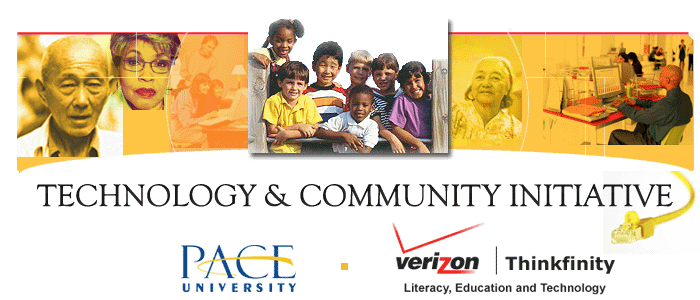
Cornerstone 2 Reports : Community Outreach and Empowerment Through Service Learning and Volunteerism
Document Type
Report
Abstract
Mobile phone computing enables immediate capture and transfer of data, images, notes and experiences from the field to a repository where retrieval, analysis, edits, aggregation, and further development are possible. Immediate findings and later results can be shared on the Web with local and global communities, and development of integrated service learning projects in concert with underserved communities is possible using this mode of information gathering and sharing.
Mobile phone computing incorporates moments when participants build tomorrow's skills while addressing today's learning goals. Use of digital tools and supporting resources bring real world problems into focus. Mobile phone computing enables understanding of ‘real-time’ exploration and acquisition of “21st Century Skills.”
To be effective in the 21st century, students must be able to exhibit a range of functional and critical thinking skills related to information, media and technology. The project, MOBILE PHONE COMPUTING FOR DEVELOPMENT of STUDENT 21ST CENTURY SKILLS, offers unique 21st Century Skills development through a combination of diverse and complementary classroom, field and experiential learning moments captured in ‘real-time.’
The mobile phone computing project uniquely enables and enhances acquisition of the 21st Century skills identified by Thinkfinity.org, Partnership for 21st Century Skills, and International Society for Technology in Education [4]. Through the use of such mobile tools and applications, students can, in fact, authentically work “from the field” to collect and share real-time data with each other, extend their learning to larger local and global communities, and develop integrated service learning projects with underserved populations.
Recommended Citation
Merritt, Susan M. and Lara Lee, R., "Use of Mobile Phone Computing for Development of Student 21st Century Skills" (2010). Cornerstone 2 Reports : Community Outreach and Empowerment Through Service Learning and Volunteerism. 21.
https://digitalcommons.pace.edu/cornerstone2/21
Included in
Computer and Systems Architecture Commons, Digital Communications and Networking Commons, Education Commons


Comments
Final Report. An additional file--the interim report-- is also available (see Additional Files section).